
No matter how diligently you push your limits in the gym, the true secret to unlocking your full potential doesn’t end when you rack the weights or cool down from your run. In fact, what happens *after* your workout is just as critical as the effort you put in during training. Proper recovery is the cornerstone of effective training, encompassing everything from restorative sleep to consistent stretching, but a often-overlooked yet incredibly powerful component is nutrition.
Fueling your body with the right nutrients post-exercise promotes quicker recovery, reduces muscle soreness, aids in muscle building, bolsters immune system functioning, and replenishes vital glycogen stores. As sports dietitian and Ironman athlete Marni Sumbal, M.S., R.D., aptly puts it, these are “all key building blocks in priming you for future workouts.” The choices you make at the dinner table or for a quick snack can profoundly influence how you feel the very next day, impacting your energy levels and readiness for subsequent training sessions.
After an intense workout, your muscle fibers undergo microscopic tears, a natural part of the process that, with the right support, leads to stronger, bigger, and more defined muscles over time. This regeneration process, known as hypertrophy, critically relies on amino acids, often referred to as the ‘building blocks of protein.’ Without adequate amounts of these essential compounds, you might experience increased soreness and even a higher risk of injury, making muscle gain feel like an uphill battle. This is why understanding and implementing science-backed post-workout nutrition is not just beneficial, but essential. Let’s explore some of the top foods recommended by experts to optimize your recovery and propel you towards your fitness goals.
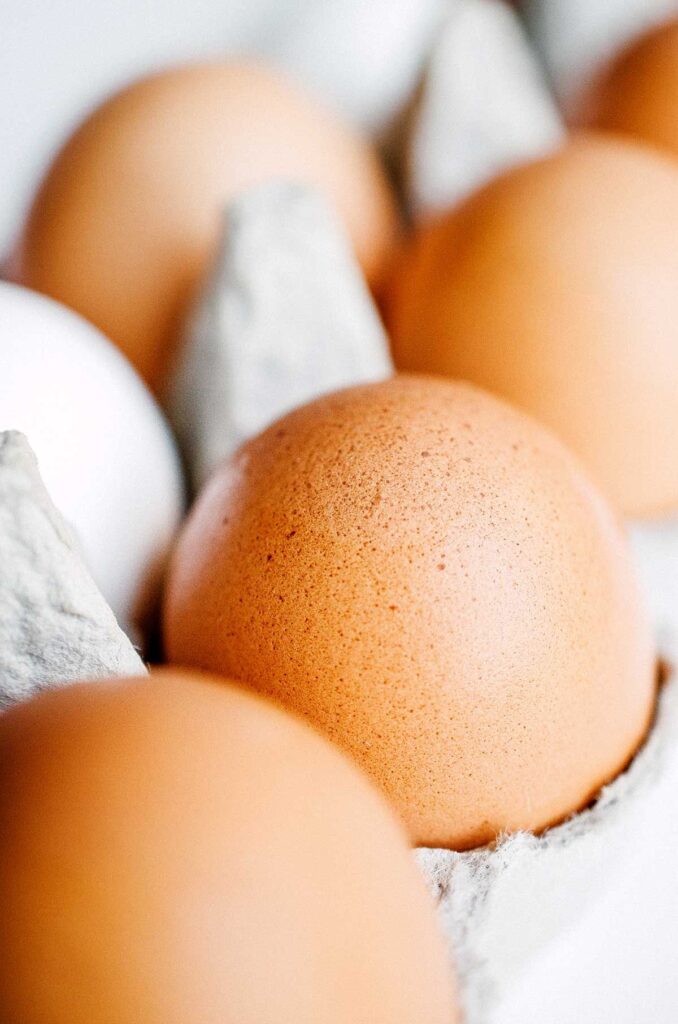
1. **Eggs**Eggs are consistently hailed as a powerhouse for muscle recovery and growth, and for good reason. They are one of nature’s most perfect proteins, containing all of the essential amino acids necessary for fiber repair. This complete amino acid profile makes them an incredibly efficient food for supporting the body’s repair mechanisms post-exercise.
Beyond just protein, one large whole egg provides seven grams of protein alongside a whole host of other vital nutrients, including various vitamins and minerals. The yolk, often discarded by some, is particularly rich in many of these essential, good-for-you nutrients, including leucine, which is crucial for activating pathways that signal the body to build muscle. Whole eggs, in particular, stimulate muscle protein synthesis more effectively than egg whites alone, thanks to this comprehensive nutrient package found in the yolk.
Considering their rich nutritional content and their role in stimulating muscle protein synthesis, eggs are an ideal, relatively inexpensive protein source that can be easily incorporated into larger meals or enjoyed as a quick snack. Whether scrambled, boiled, or poached, they offer a versatile and effective way to provide your body with the building blocks it needs to repair and strengthen.
Read more about: You Won’t Believe It! These 10 Cinema Hits Were SO Much Better Than Anyone Expected
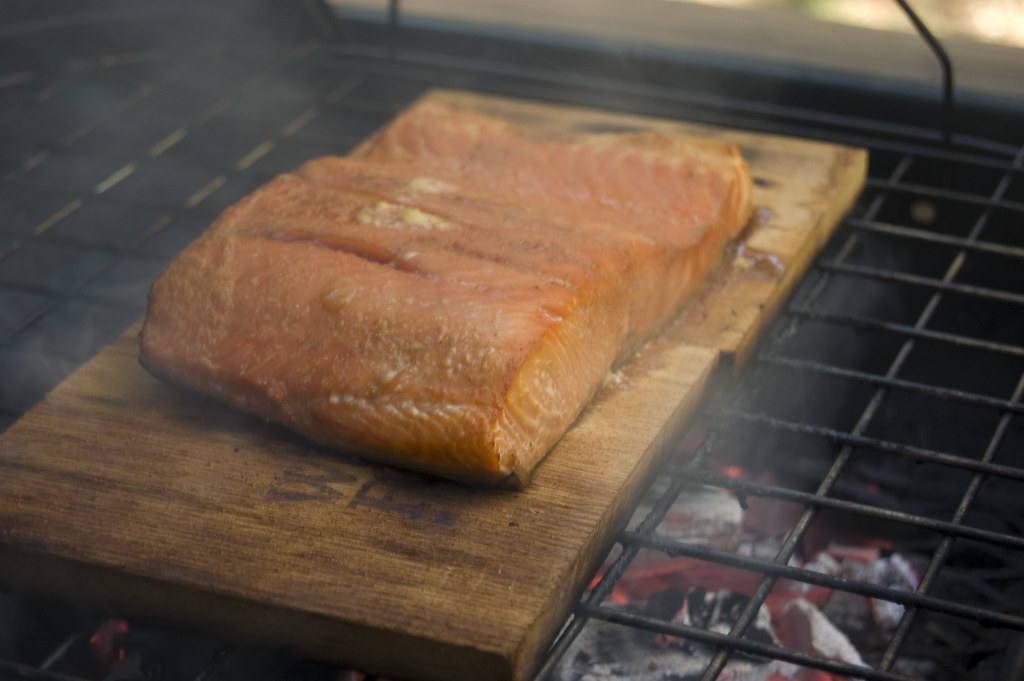
2. **Salmon**Salmon is a true champion among recovery foods, known for its multifaceted benefits for athletes. This fatty fish is not only an excellent source of high-quality protein, essential for muscle repair and growth, but it’s also packed with beneficial omega-3 fatty acids, particularly EPA and DHA.
Research indicates that these omega-3s can play a significant role in reducing post-exercise inflammation and mitigating exercise-induced muscle damage. It’s theorized that omega-3s can work their way into muscle cells, where they actively help to reduce the damage that causes painful inflammation, making your recovery process smoother and less uncomfortable. A single 3-ounce serving of salmon provides approximately 18 grams of muscle-building protein, alongside these crucial anti-inflammatory compounds.
The recommended daily dose of omega-3s for adults is around 1.6 grams, but for those engaged in vigorous training, some researchers suggest aiming for closer to 6 grams per day to further reduce muscle soreness and enhance strength and power output. Salmon, therefore, offers a delicious and effective way to meet these needs, delivering protein, healthy fats, and micronutrients all in one convenient package, outperforming simple fish oil capsules by providing comprehensive nutrition.
Read more about: Behind the Velvet Curtain: How Secretive Crisis PR Firms Navigate Hollywood’s Most Explosive Scandals and Shape Celebrity Destiny
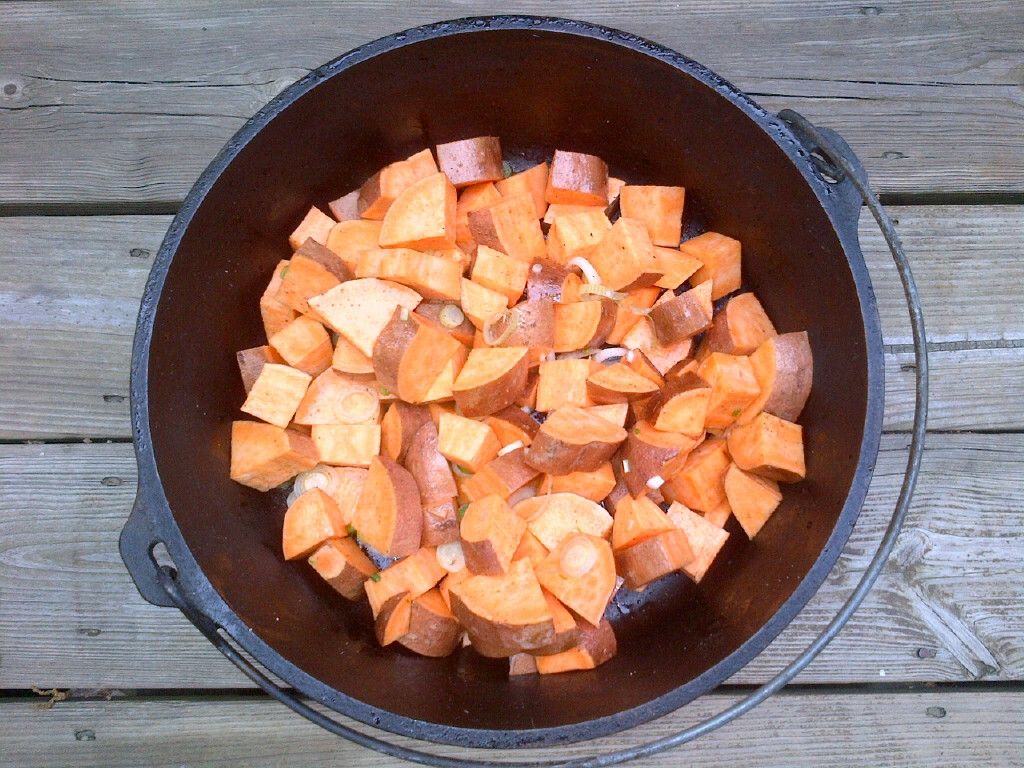
3. **Sweet Potatoes**For those who embrace carbohydrates, sweet potatoes are an indispensable post-workout food. Sorry, keto fans, but when it comes to muscle recovery, quality carbs are indeed your friend. These vibrant tubers are an excellent source of complex carbohydrates, which are vital for replenishing the glycogen stores depleted during intense exercise.
Registered dietitian Valerie Gately, MS, RDN, LD, explains that your body converts carbohydrates into glucose, storing excess as glycogen in your liver and muscles. After a workout, consuming carbs is essential to replace this lost glycogen, ensuring your energy levels are restored. Sports Nutrition Specialist Susan Greene, ACE, notes that sweet potatoes also “contain vitamin C and copper, which keep muscle fibers flexible and aid in muscle growth and repair.”
Don’t worry about carbs being stored as fat immediately after training; as Marni Sumbal, M.S., R.D., advises, the carbohydrates you consume post-training are more likely to be utilized as energy rather than stored as fat. This makes sweet potatoes an ideal food to support healthy muscle tissue and restore energy levels, preparing you for your next workout session. Enjoy them baked, roasted, or even as homemade fries for a nutritious and satisfying recovery meal.
Read more about: If You Have High Cholesterol: 15 Foods to Rethink for Better Heart Health
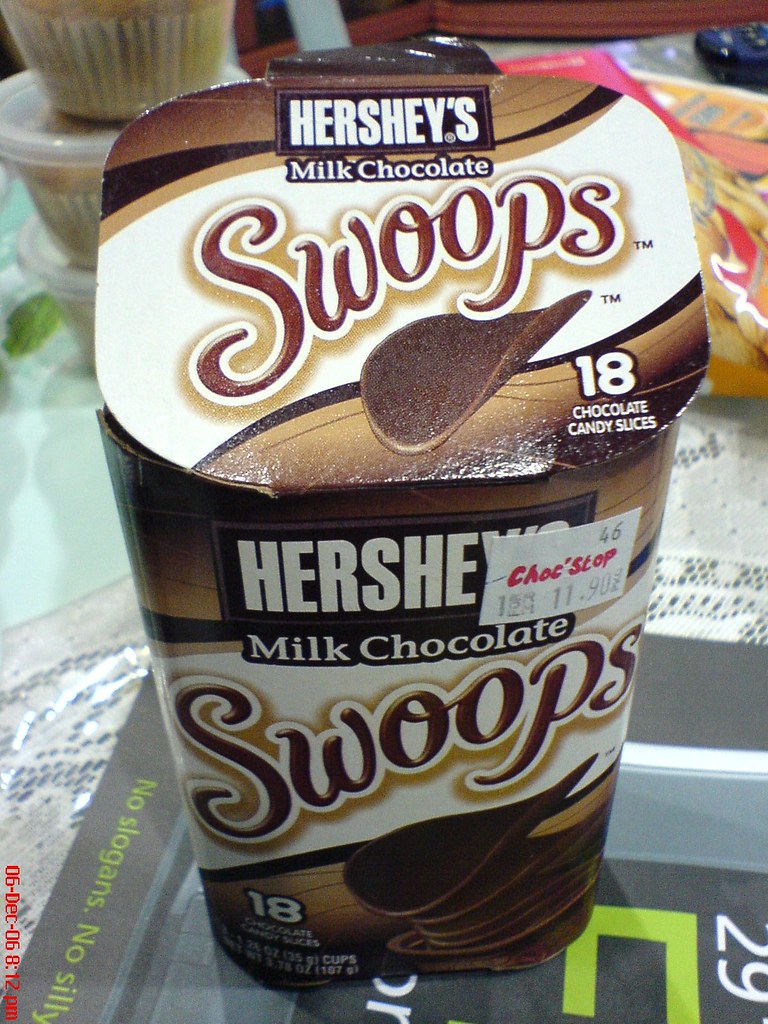
4. **Chocolate Milk**The post-workout chocolate milk craze is far from a myth; it’s a science-backed reality. This unassuming beverage is championed by experts like Valerie Gately, who calls it “a delicious and easy recovery snack.” It offers a near-ideal combination of nutrients, acting as an ultimate sports drink that tastes significantly better than many other options on the market.
Chocolate milk is considered a complete protein, providing all nine essential amino acids needed for muscle repair and rebuilding. The chocolate component contributes quick carbs, crucial for replacing depleted energy stores and replenishing glycogen. A single cup of chocolate milk typically contains about 8 grams of protein along with essential electrolytes, which are key for rapid rehydration and maintaining proper fluid balance within and outside your cells.
Most low-fat chocolate milk boasts an optimal 4:1 carb-to-protein ratio, which is comparable to or even surpasses many commercially tailored recovery beverages. A 2019 study published in the European Journal of Clinical Nutrition highlighted that, when compared to water and other sports drinks, chocolate milk offers equivalent, if not superior, results for post-exercise recovery. It’s a convenient, tasty, and effective way to kickstart your recovery process.
Read more about: Seriously Where Did They Go? 12 Beloved Cereals That Vanished From Our Tables
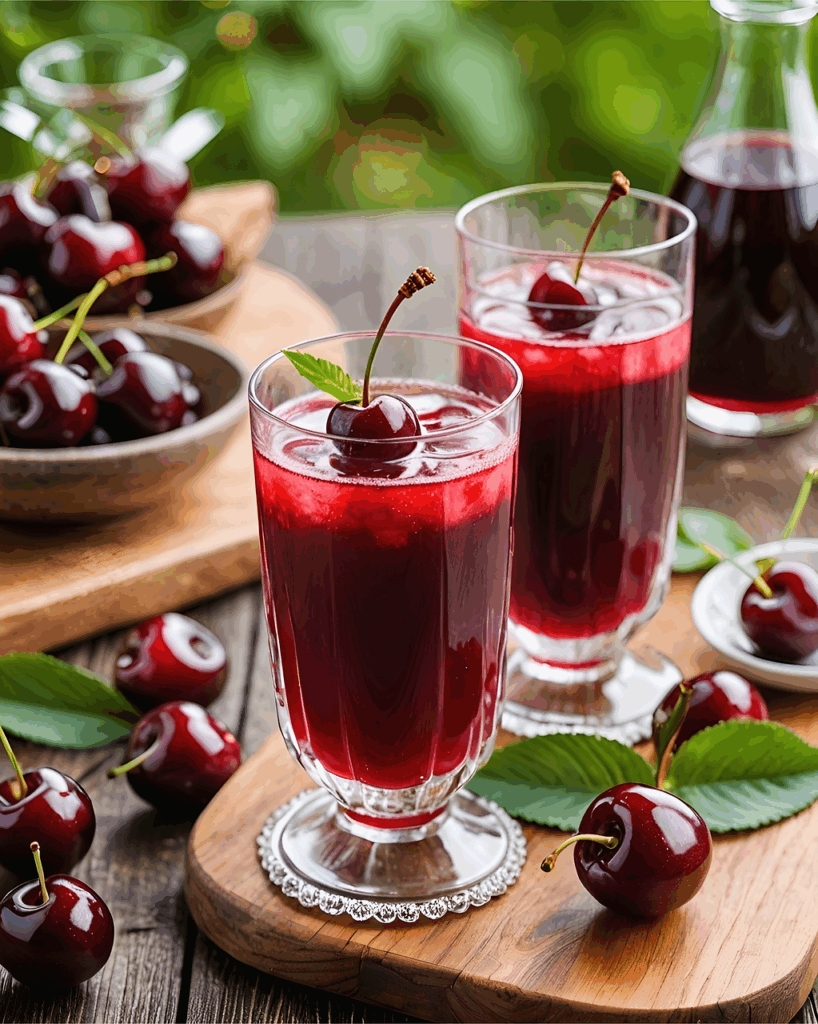
5. **Tart Cherry Juice**Tart cherry juice has garnered significant attention in the athletic community for its impressive recovery benefits. Loaded with antioxidants and various anti-inflammatory compounds, it has been consistently shown to aid athletes in recovering from intense training sessions. This extends beyond just weight training, proving beneficial across various forms of strenuous exercise.
Multiple studies have demonstrated that consuming tart cherry juice can help with recovery after an intense exercise session, with one recent study suggesting it may even accelerate recovery after intermittent exercise by reducing soreness. The juice is rich in plant compounds called anthocyanins, and a 2021 meta-analysis specifically found that it accelerates muscle recovery and eases delayed-onset muscle soreness (DOMS), the pain experienced hours or days after a workout.
While some brands may contain natural sugar, which adds metabolic stability and provides essential nutrients like potassium and vitamin C, it’s crucial to choose wisely. Susan Greene, ACE certified Nutrition Specialist, advises checking labels for added sugars, recommending opting for brands with no more than 5 grams of added sugar per serving to maximize its natural recovery benefits.
Read more about: The ’80s Mystery: 14 Candy Bars That Vanished From Convenience Stores
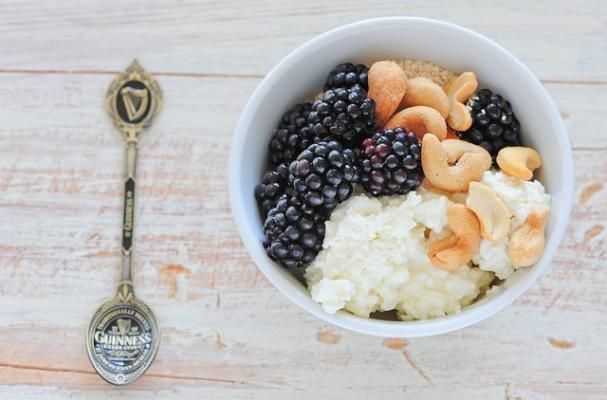
6. **Cottage Cheese**While Greek yogurt has often stolen the spotlight, cottage cheese remains a formidable contender in the realm of muscle recovery foods. It’s an excellent source of protein, offering about 12 grams of protein and 5 grams of carbs per half cup, making it a well-balanced choice for post-workout nutrition.
What truly sets cottage cheese apart is its rich content of casein protein. Casein is a slow-digesting form of protein, meaning it provides a sustained release of amino acids into your bloodstream over several hours. This makes it particularly effective for overnight recovery or as a light meal before bed, as consuming cottage cheese before sleep has been found to prolong amino acid supply through the night.
Beyond casein, cottage cheese also provides calcium and vitamin B12, supporting bone health and energy production. It offers just under 3 grams of leucine per cup, an amount shown to be beneficial for building and maintaining muscle. Whether enjoyed plain, mixed with fruit, or even incorporated into warmed rice pudding for a muscle-boosting dessert, cottage cheese is a versatile and effective food for supporting continuous muscle repair.
Read more about: Unlocking Adventure: 14 Must-Try, Affordable Weekend Getaways Near New York City for Every Explorer
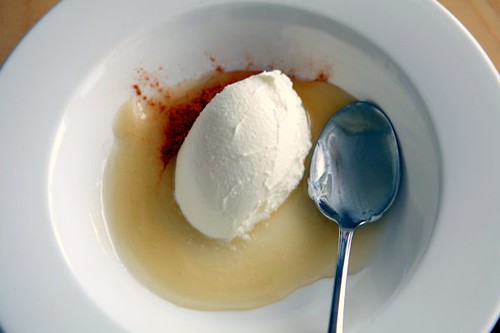
7. **Greek Yogurt**Greek yogurt, also known as strained yogurt, is another dairy superstar for muscle recovery, offering distinct advantages. Like cottage cheese, it is packed with both casein and whey proteins, providing both fast and slow-digesting proteins to support immediate and prolonged muscle repair. This dual-action protein profile makes it an excellent choice immediately post-workout or as a pre-bed snack.
Beyond its impressive protein content (around 13 grams per cup, especially when paired with granola and berries), Greek yogurt also stands out for its probiotic benefits. These beneficial bacteria support gut health, which can indirectly enhance muscle recovery by improving nutrient absorption and reducing systemic inflammation throughout the body. A 2014 review in the British Journal of Nutrition highlighted how probiotic-rich foods may aid immune function and exercise recovery, underscoring the holistic benefits of Greek yogurt.
Valerie Gately, RDN, LD, suggests a cup of Greek yogurt topped with a handful of berries and a sprinkling of granola to deliver a powerful punch of protein and healthy carbohydrates. However, she advises being mindful of granola choices, as some brands can be laden with sugar. Opting for granola with no more than 5 to 8 grams of sugar per serving ensures you maximize the health benefits without excessive added sugars, making Greek yogurt a delicious and highly effective component of your recovery strategy.
Continuing our exploration into the optimal foods for muscle recovery, we delve into more nutrient-dense options that will not only aid in repairing your hard-worked muscles but also set you up for peak performance in your next session. These foods are celebrated by sports nutritionists for their specific contributions to rebuilding strength, reducing post-exercise discomfort, and ensuring your body has everything it needs to thrive.
Read more about: Beyond the Fries: 15 Mind-Blowing Dishes You Won’t Believe Your Air Fryer Can Make!
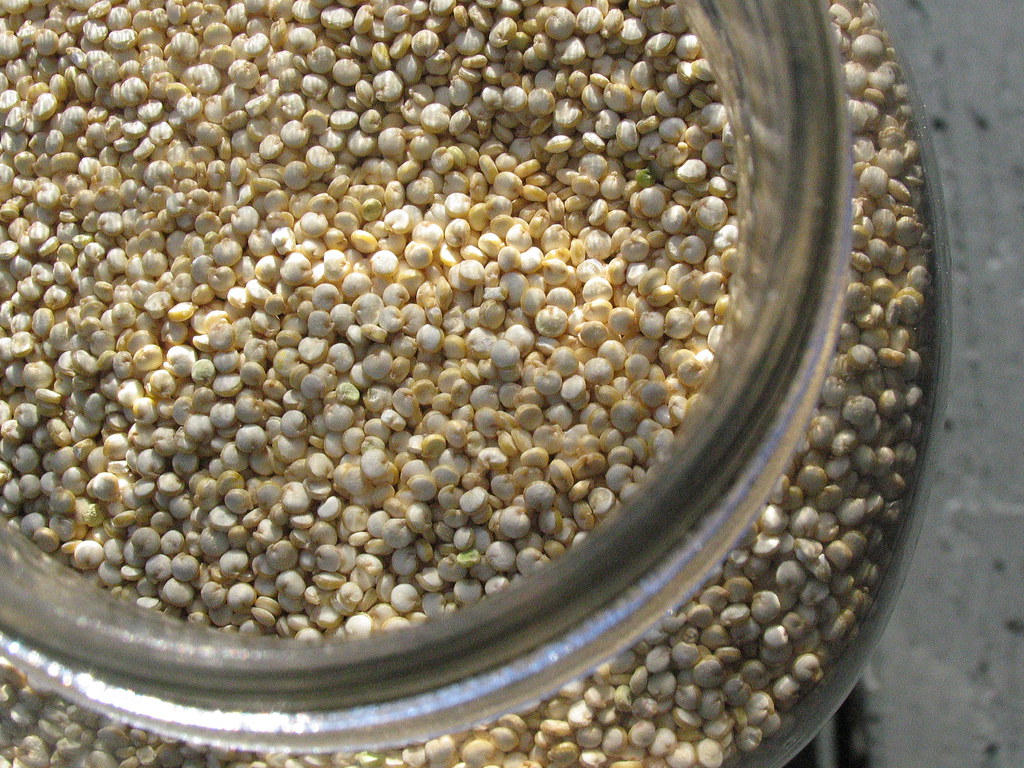
8. **Quinoa**Quinoa stands out as an exceptionally powerful grain, particularly beneficial for those adhering to gluten-free, vegan, or vegetarian diets, though its advantages extend to all athletes. This tiny but mighty seed is a complete plant-based protein, meaning it contains all nine essential amino acids necessary for muscle repair and growth. Beyond protein, it is also loaded with fiber, making it a fantastic addition to any recovery meal.
What truly elevates quinoa is its comprehensive nutritional profile. A cup of cooked quinoa provides approximately 8 to 9 grams of protein, which is double the amount found in an equivalent serving of brown rice. This robust protein content, combined with its status as a complex carbohydrate, ensures both sustained energy release and effective glycogen replenishment after strenuous exercise.
Moreover, quinoa is rich in essential micronutrients like magnesium and iron. Magnesium plays a crucial role in muscle contraction and relaxation, helping to prevent cramps and supporting overall muscle function. Iron is vital for oxygen transport in the blood, directly impacting energy production and overall recovery processes. Incorporating quinoa into your diet offers a versatile and highly effective way to fuel your body for optimal recovery.
Read more about: Unlock Longevity: Essential Lifestyle Shifts to Combat Chronic Inflammation and Transform Your Well-being
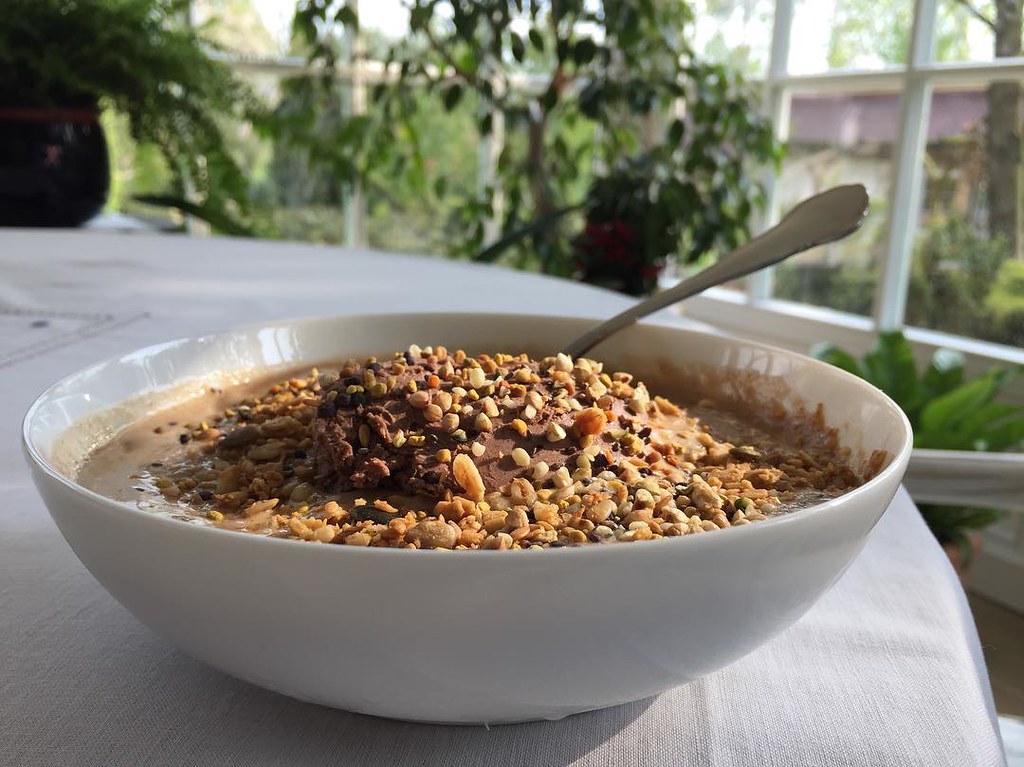
9. **Bananas**Bananas are widely recognized as a powerhouse recovery food, offering an easily digestible source of carbohydrates and a rich supply of potassium. After an intense workout, your body’s glycogen stores are depleted, and bananas provide a quick and efficient way to replenish these energy reserves, ensuring you bounce back faster.
Potassium is a crucial electrolyte, and a single medium-sized banana packs approximately 422 mg of this nutrient, representing about an eighth of your recommended daily intake. This mineral is vital for regulating your heartbeat and supporting proper muscle function, helping to prevent cramps and maintain fluid balance, especially after significant sweating during exercise.
Sports Nutrition Specialist Susan Greene, ACE, highlights that bananas can help restore energy levels by replenishing lost glycogen. Furthermore, a 2012 study demonstrated that consuming bananas during prolonged cycling sessions increased performance, recovery rates, energy levels, and focus in cyclists, proving their effectiveness as a natural fuel source comparable to commercial sports drinks. They also help reduce post-exercise inflammation, making them an ideal post-workout snack.
Read more about: Mastering Midlife: 12 Key Foods for Men’s Strength and Unwavering Vitality After 40
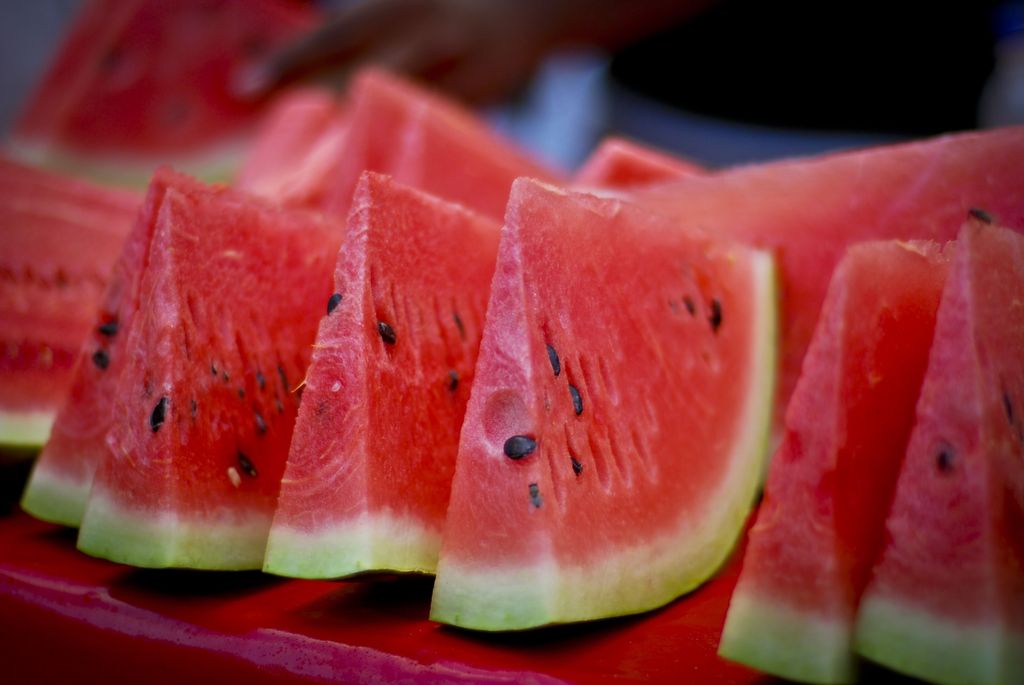
10. **Watermelon**Watermelon offers a refreshing and highly effective solution for post-workout recovery, primarily due to its exceptional hydration properties and unique amino acid content. Comprising 92 percent water, it’s an excellent choice for rehydrating your body and preventing muscle cramps without the need to excessively chug plain water.
Beyond hydration, watermelon is rich in essential vitamins and minerals, including vitamin C and potassium. Vitamin C contributes to improved muscle recovery, while potassium plays a key role in regulating muscle contractions and maintaining proper fluid balance. These nutrients work synergistically to support overall muscle function and recovery after physical exertion.
Perhaps its most notable contribution to recovery comes from L-citrulline, a non-essential amino acid found in high concentrations within watermelon and watermelon juice. Studies, including one published in the Journal of Sport and Health Science in 2020, indicate that L-citrulline can significantly diminish muscle soreness after intense exercise and improve overall exercise performance. A 2013 study specifically highlighted reduced soreness 24 hours post-workout with watermelon juice, showing its ability to boost nitric oxide production and enhance blood flow to muscles. While delicious, remember to enjoy watermelon in moderation due to its natural sugar content.
Read more about: The Future is Flavorful: 14 Cutting-Edge Food Trends Set to Dominate Your Plate in 2025
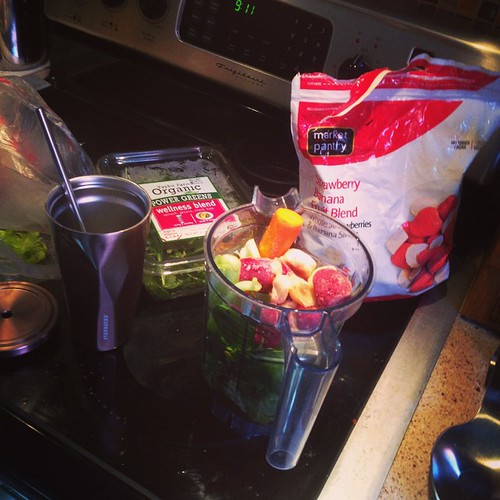
11. **Spinach**This leafy green powerhouse is an often-overlooked hero in the realm of muscle recovery, offering a wealth of benefits that extend beyond its low-calorie count. Spinach is an excellent base for a post-workout salad, providing a significant boost of antioxidants that combat inflammation and facilitate better muscle recovery, as noted by Susan Greene, ACE certified Nutrition Specialist.
Its high water content, nearly 100 percent by weight, also contributes significantly to rehydration, which is crucial after an intense workout. Proper hydration is fundamental for all bodily functions, including nutrient transport and waste removal, directly impacting muscle repair and recovery.
Moreover, spinach, like many leafy greens, contains naturally occurring compounds called nitrates. Research suggests these nitrates offer numerous health benefits, including cardiovascular support and enhanced athletic performance. They have also been linked to improved strength and musculoskeletal health, making spinach a truly comprehensive food for supporting your body’s recovery and long-term fitness goals.
Read more about: Expert Warning: These Top-Selling Health Supplements Are Costly Money Pits for Most Healthy Adults
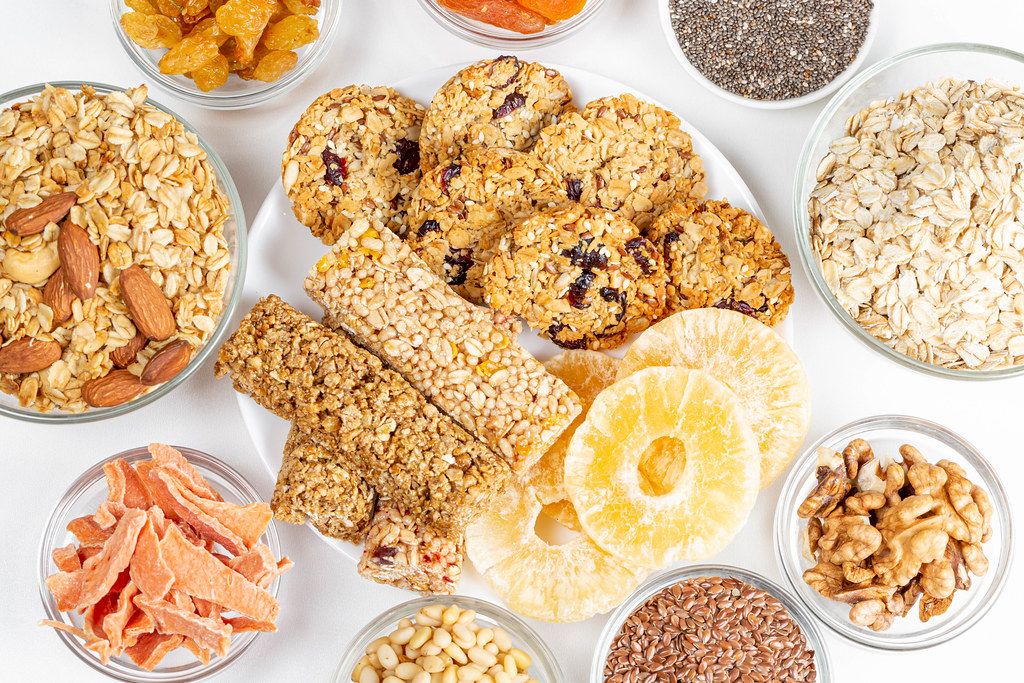
12. **Nuts and Seeds**Nuts and seeds, a favorite among endurance athletes like marathon runners, are compact powerhouses of plant-based protein, healthy fats, and crucial micronutrients. They offer a convenient and highly effective way to support muscle contraction, repair, and overall recovery.
Chia seeds, in particular, are an excellent source of protein, actively contributing to muscle repair and recovery, according to Susan Greene. These tiny seeds are also rich in omega-3 fatty acids, which have been shown to fight inflammation and promote muscle growth, offering a dual benefit for post-exercise restoration.
Beyond their direct impact on muscles, nuts and seeds provide essential minerals such as magnesium and zinc. Magnesium is vital for muscle relaxation and energy production, while zinc plays a role in immune function and protein synthesis. As an added bonus, chia seeds can absorb substantial amounts of liquid and expand in your stomach, promoting a feeling of fullness and potentially aiding in weight management. Almonds, walnuts, and pumpkin seeds also provide similar benefits, making this food group incredibly versatile for recovery.
Read more about: Mastering Midlife: 12 Key Foods for Men’s Strength and Unwavering Vitality After 40
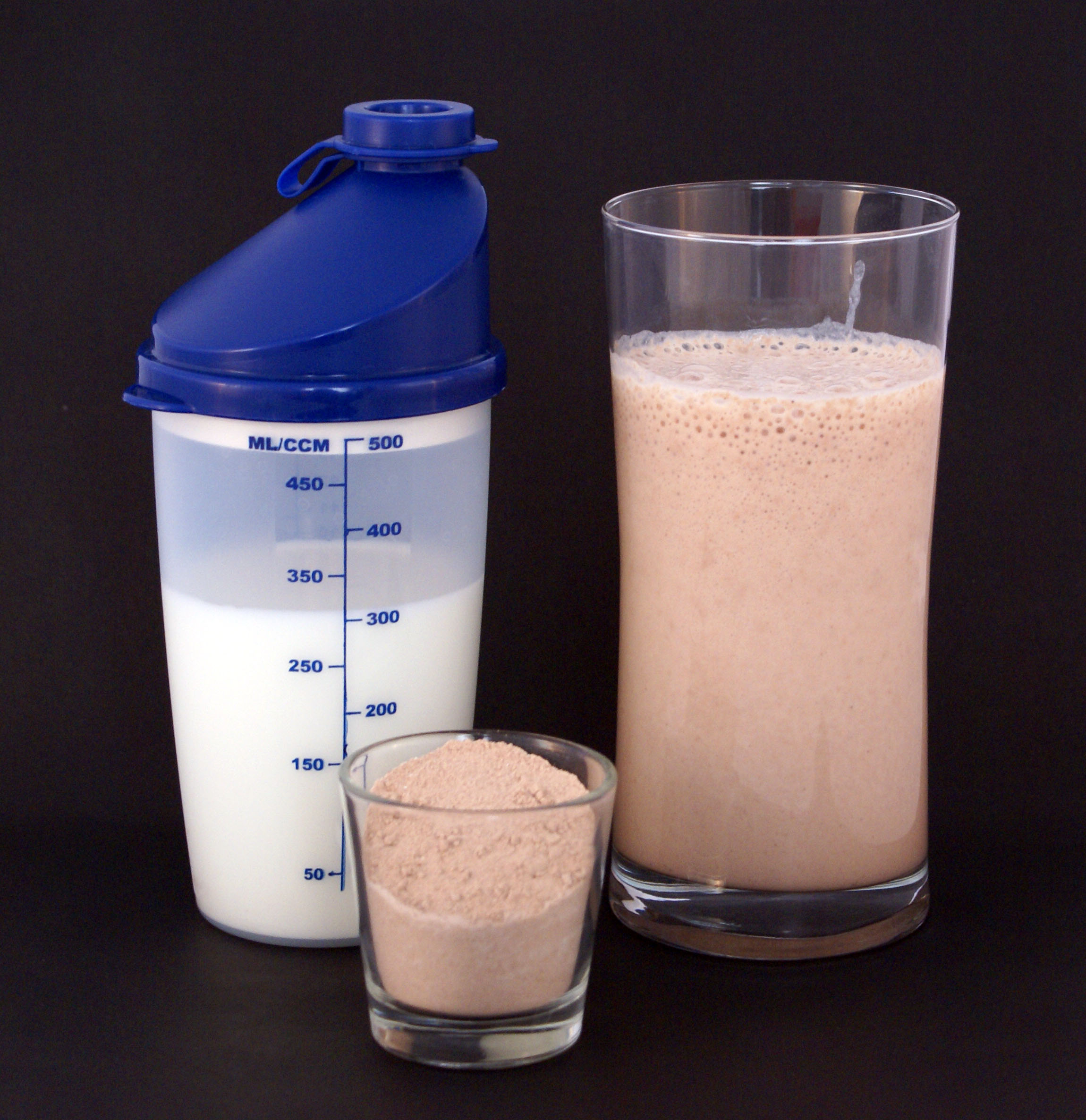
13. **Protein Shakes**Protein shakes remain one of the most popular and convenient ways to kickstart muscle recovery post-workout, and for good reason. A 2018 review of studies affirmed that protein shakes can have a positive impact on performance and recovery when consumed after training, contributing significantly to daily protein and energy intake.
These supplements provide your body with the essential amino acids needed for muscle repair and protein synthesis, directly fueling muscle growth. Whether you choose plant-based protein or whey, both are effective in helping you build muscle, improve power output, and sculpt your physique, offering a quick and portable solution for busy athletes.
Sports dietitian Valerie Gately, MS, RDN, LD, emphasizes that for hardcore workouts, a combination of a protein bar with a sports drink can be highly effective. This duo provides a balanced mix of protein, carbohydrates, and electrolytes, crucial for rehydration, especially after workouts exceeding an hour, or in hot, humid conditions, or for heavy sweaters. While whole foods are often preferred, protein shakes and bars offer a valuable complementary strategy for comprehensive recovery.
Read more about: Embracing Your Prime: 13 Critical Habits and Mindsets Men Over 50 Should Reconsider for a Healthier, Happier Life

14. **Berries (Blueberries, Cherries)**Berries, particularly blueberries and cherries, are celebrated in the sports nutrition world for their potent antioxidant properties and their significant role in bolstering muscle recovery. These vibrant fruits are packed with compounds like anthocyanins, which are powerful antioxidants that combat exercise-induced oxidative stress.
Blueberries are an excellent source of vitamins and minerals, including vitamin C, vitamin K, and manganese, all known for boosting immunity and promoting bone and muscle strength. Their ability to reduce the negative impact of strenuous exercise on the body has been proven in numerous studies, making them a smart choice for any post-workout regimen.
Similarly, raspberries are rich in antioxidants that actively fight inflammation, further aiding the recovery process. Whether enjoyed fresh, mixed into a Greek yogurt, or blended into a smoothie, incorporating a handful of berries provides a delicious and highly effective way to support your body’s bounce-back from training and enhance long-term health. Valerie Gately, RDN, LD, suggests pairing them with Greek yogurt and granola for a powerful punch of protein and healthy carbohydrates.
**The Bottom Line: Fueling Your Future Workouts**
In the journey of physical fitness, the effort you put in during your workout is only half the equation; the other, equally critical half, lies in how you fuel your recovery. As we’ve explored, the right post-workout nutrition isn’t just about managing soreness—it’s about proactively building a stronger, more resilient body. From the complete proteins in eggs and salmon to the complex carbohydrates in sweet potatoes and quinoa, and the anti-inflammatory power of tart cherry juice and berries, each food plays a unique and vital role.
Making informed choices about what you eat after exercise can dramatically influence your energy levels, reduce your risk of injury, and accelerate your progress towards your fitness goals. Prioritizing these science-backed, nutrient-dense whole foods ensures you’re not just recovering, but truly optimizing your body for every challenge ahead. So, next time you finish a grueling session, remember that your plate holds the power to prepare you for your next great achievement, helping you head back to the gym faster and stronger.



